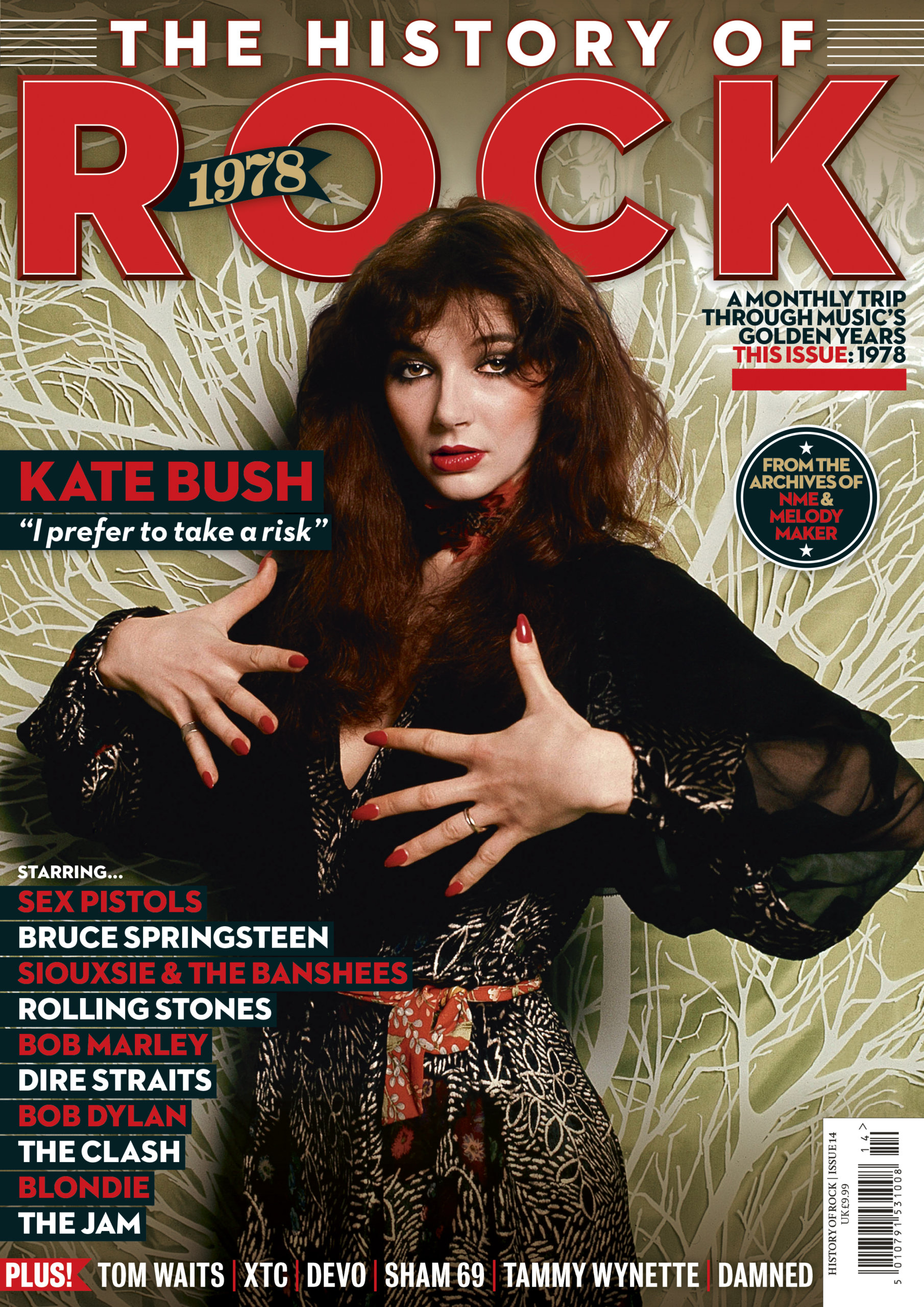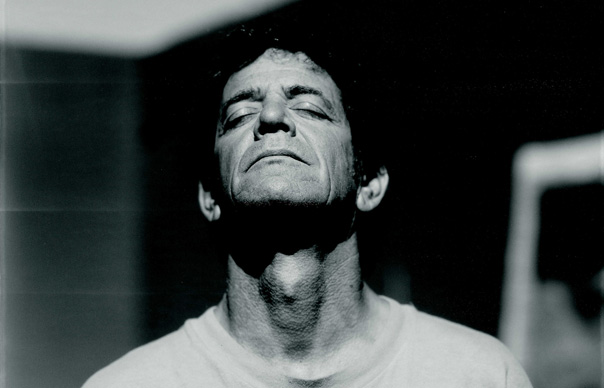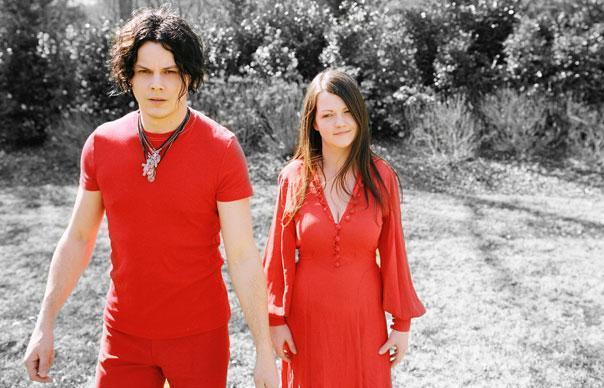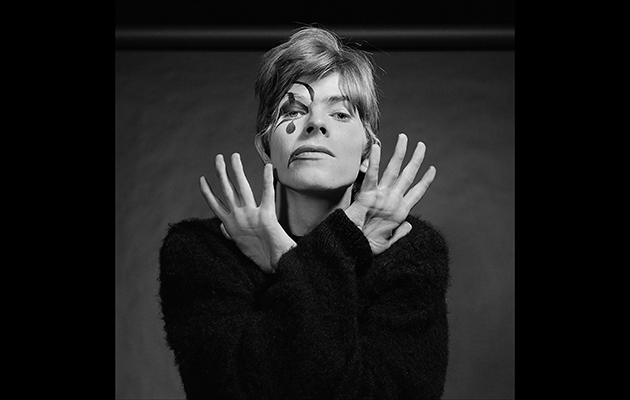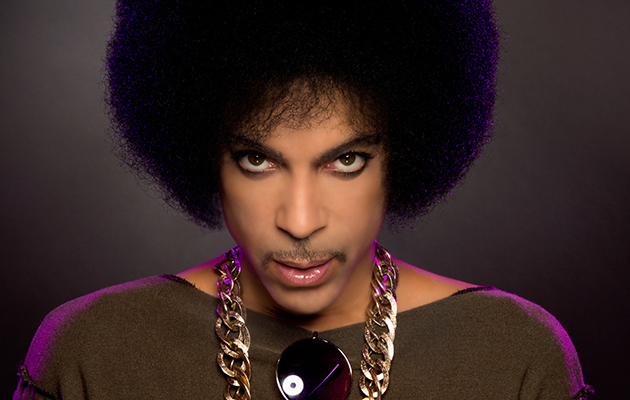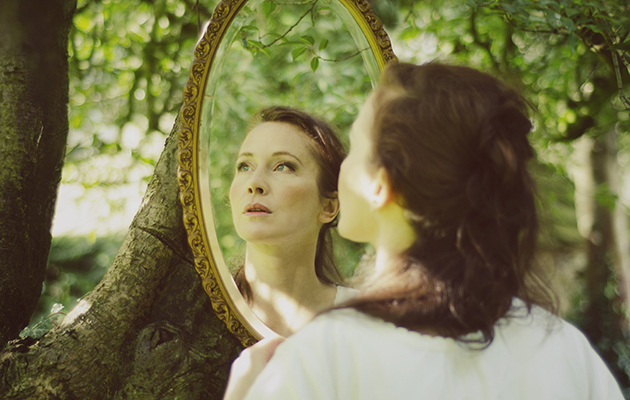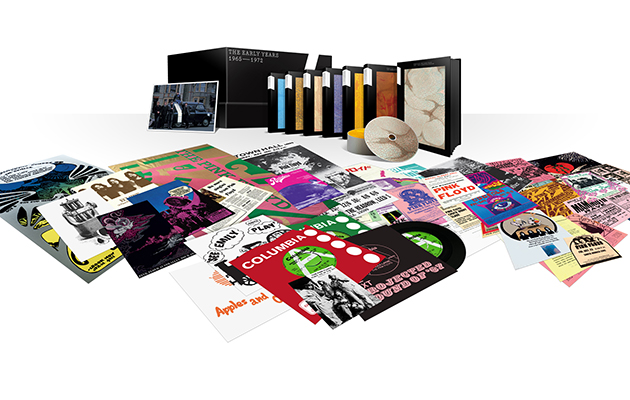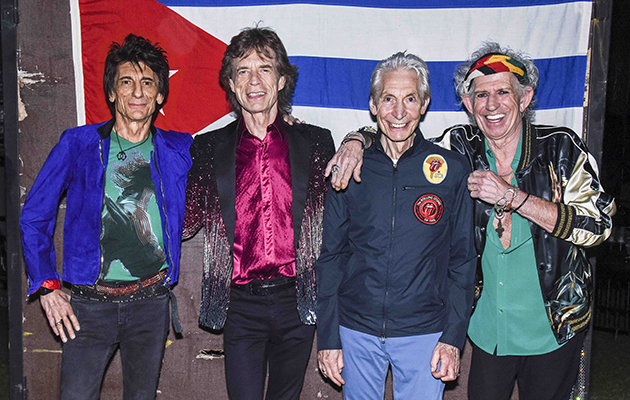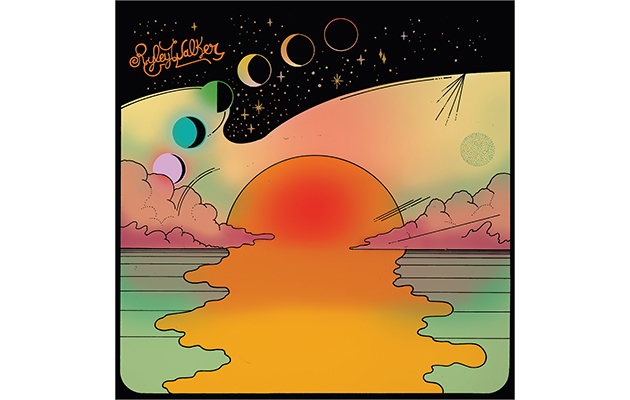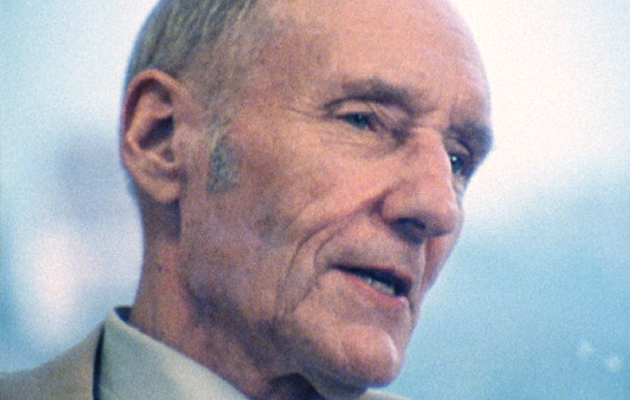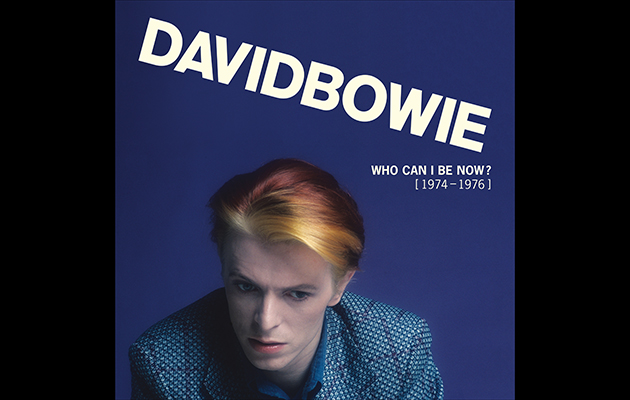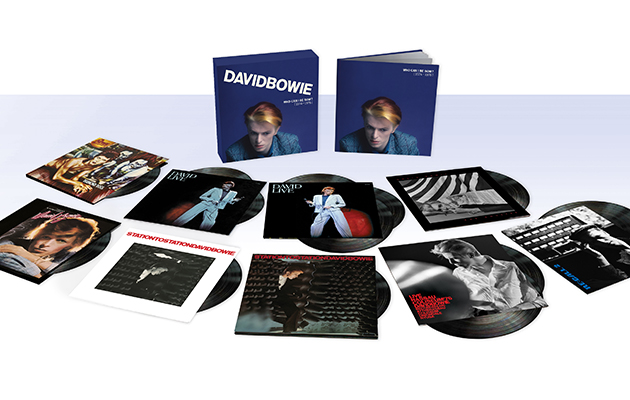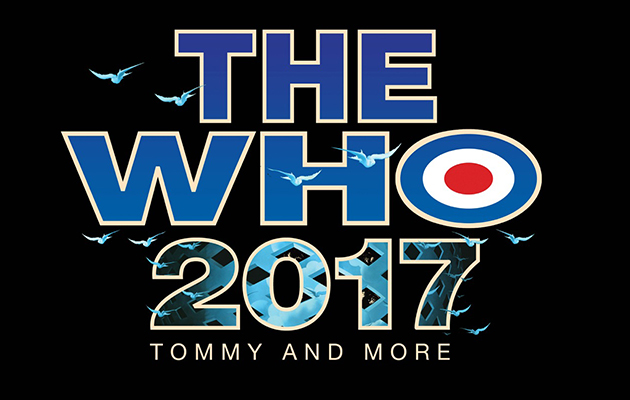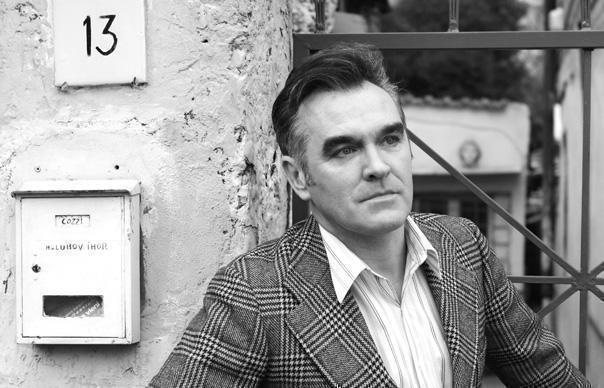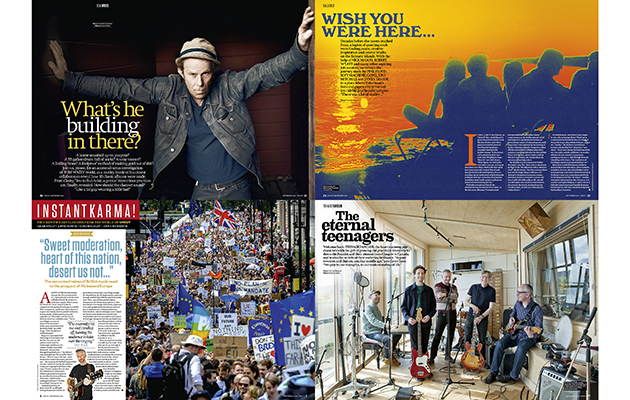Pink Floyd have announced details of a comprehensive new box set dedicated to the band’s formative period.
The Early Years 1965 – 1972 is a deluxe 27-disc boxset featuring seven individual book-style packages, including never before released material. It will be released on November 11.
The box set will contain TV recordings, BBC Sessions, unreleased tracks, outtakes and demos, running to over 12 hours of audio (made up of 130 tracks) and over 15 hours of video.
It contains over 20 unreleased songs, including seven hours of previously unreleased live audio, plus more than five hours of rare concert footage.
There are also replica 7” singles, memorabilia, feature films and new sound mixes. Previously unreleased tracks include 1967’s “Vegetable Man” and “In The Beechwoods” which have been newly mixed for the release.
In addition to the deluxe set, a 2-CD highlights album called The Early Years – CRE/ATION will also be available on 11 November 2016 through Pink Floyd Records.
Each individual book-style package will be released separately early in 2017, except CONTINU/ATION which is exclusive to this box set.

Here’s what’s in the set.
CAMBRIDGE ST/ATION
1965-1967
Covering Syd Barrett’s time with the band, from the pre-EMI demos, through the non-album hit singles and related tracks, the first volume also features previously unreleased tracks like “Vegetable Man” and “In The Beechwoods” (newly mixed), plus BBC session recordings. Pink Floyd have also acquired the tapes of an unreleased 1967 concert in Stockholm.
The DVD/Blu-ray includes historic TV performances plus some of Pink Floyd’s own film material.
GERMIN/ATION
1968
This volume explores the time immediately after Syd Barrett’s departure, when Pink Floyd were still writing singles and at the same time developing their own unique, more instrumentally-based style. There are non-album single releases, plus a recently discovered session at Capitol Records studios in Los Angeles, BBC sessions and other tracks.
DVD/Blu-ray includes the recently restored promo clip of “Point Me At The Sky”, some international TV performances and a selection of song material from other television shows.
DRAMATIS/ATION
1969
In 1969 Pink Floyd unveiled their 2-part conceptual live production of The Man and The Journey, covering a 24-hour period of dreaming, waking and other activities. Never released in that form, however some of the songs were used on the More soundtrack and the Ummagumma album. This volume refers back to The Man and “The Journey tour with live performances in Amsterdam and for the BBC in London, but also includes the bonus tracks from the More soundtrack that were used in the film but not on record, plus non-album tracks like the early version of Embryo from the Harvest sampler, Picnic.
Video material includes 20 minutes of The Man and The Journey rehearsal at the Royal Festival Hall, directed by Anthony Stern, including “Afternoon (Biding My Time)”, “The Beginning (Green Is The Colour)”, “Cymbaline”, “Beset By Creatures Of The Deep” and “The End Of The Beginning” (the last part of A Saucerful Of Secrets), plus other live performance footage from that year.
DEVI/ATION
1970
At the end of 1969 and in the early part of 1970, Pink Floyd recorded and mixed their contribution to Michelangelo Antonioni’s alternative view of US society, Zabriskie Point. 3 songs were released on the soundtrack album, and a further 4 in the expanded CD edition in 1997. Never released on one Pink Floyd disc, this volume compiles remixed and updated versions of the Zabriskie Point audio material.
In the same year, Pink Floyd scored their first UK Number One album with Atom Heart Mother, a collaboration with Ron Geesin, and the audio includes the first performance for the BBC, featuring an orchestra and choir, as well as, on DVD, the original Quad mix.
Video material includes a full hour of Pink Floyd performing live at San Francisco cable TV station KQED plus extracts from historic performances of ‘Atom Heart Mother’, and material from French TV coverage of the St. Tropez festival in Southern France.
REVERBER/ATION
1971
In 1971 Pink Floyd recorded the Meddle album, containing the LP side-long Echoes, regarded by many as laying the groundwork for The Dark Side Of The Moon, and, as such, is an important part of the Pink Floyd canon.
This package includes part of the original demos, when the project gestated from Nothing to Return Of The Son Of Nothing, as well as a contemporary BBC session recording.
Audio-visual material includes the original unreleased Quad mix of “Echoes” but also material of live band performances in 1971, including songs performed with Roland Petit and his Marseille ballet company.
OBFUSC/ATION 1972
In 1972 Pink Floyd travelled to Hérouville, north of Paris, to record at Strawberry Studios there, based in the town’s Chateau. In a remarkable two weeks, they wrote and recorded one of their most cohesive albums, Obscured By Clouds, the soundtrack to Barbet Schroeder’s La Vallée.
1972 saw the release of Pink Floyd Live At Pompeii, a film of the band performing without an audience in the historic Roman amphitheatre of Pompeii, directed by Adrian Maben. The video material includes the performances from the Live At Pompeii film, edited to new 5.1 audio mixes, plus material from contemporary French TV as well as performances from Brighton Dome in June 1972 and further performances with the Roland Petit ballet company.
CONTINU/ATION
(Exclusive to ‘The Early Years 1965-1972’ box set)
A bonus CD/DVD/Blu-ray disc package includes a CD of early BBC radio sessions, the audio tracks from the film The Committee, Pink Floyd’s live soundtrack to the 1969 NASA moon landings, and more.
Audio-visual material includes 3 feature films: The Committee, More and La Vallée (Obscured By Clouds), plus more live footage and festival performances by the band.

The September 2016 issue of Uncut is now on sale in the UK – featuring our cover story on Tom Waits, plus Tom Petty, Teenage Fanclub, Pink Floyd, Aaron Neville, Bat For Lashes, De La Soul, Chet Baker, Cass McCombs, Quicksilver Messenger Service, Ryley Walker, Kendrick Lamar, Lord Buckley, Sex Pistols, Brexit and more plus 40 pages of reviews and our free 15-track CD
Uncut: the spiritual home of great rock music.


